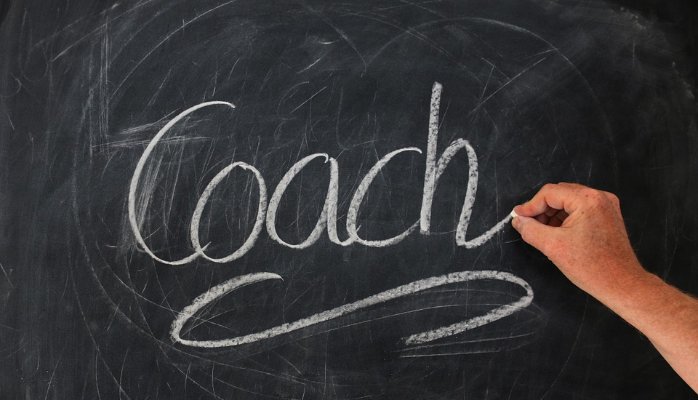This segment will discuss the Coaching Manager (or Coach) responsibilities. In the next segment I will discuss the Client (the direct report) responsibilities. At the highest level the Coaching Manager is responsible for keeping the Client (direct report) engaged and on-track. The Coaching manager reviews the client agenda, and verifies it is valid to the organization, department, and the client. The Coach sets guardrails for the session conversation. If important, but not directly related issues arise, it is the Coaches responsibility to understand how best to work through the off-topic issue. In some cases, the side issue is more important, and more pressing than the set Agenda topic. If so, the coach needs to release their session preconceptions, and go with the flow of the new topic. Alternately, the side topic might be important, but not urged. In this case the coach makes sure the client has captured the topic as a parking lot issue. Time-keeping falls to the Coach. They understand the first phase of the session, Set Scope, should only take 5 to 10 minutes. The body of the session is phase two, Constructive Dialogue. Constructive Dialogue can typically run 40 to 45 minutes. The third, and final phase, Accountability, take another 5 to 8 minutes to wrap up the session, and set deadlines for action items.
Below is a list that outlines the important items in the Coaching Manager and Client relationship that the Coaching Manager is responsible for:
- Ask the Client (Direct Report) to have a prepared session Agenda.
- Confirm date, time, and place for the session.
- Review the Agenda in advance of the meeting.
- Do a read of the client at the time of the session? Determine the client state of mind, and demeanor.
- Review the Agenda with the client (direct report) to verify it is a valid Agenda that will bring value to either the organization, the department, the team, or the client.
- Ask the direct report open ended questions to drive conversation on Agenda topics.
- If the client is having trouble with a list of options, work with the client in some creative way to open up options.
- Keep constructive dialogue on topic – set guardrails.
- Understand how to manage important off-topic issues that might arise.
- Make sure the client has captured any parking lot issues.
- Recap the Constructive Dialogue.
- Work with the client on agreeing on next best action.
- Make sure the client has considered any potential blocks to proposed action steps, and goals.
- Make sure the client has a plan to deal with potential blocks.
- Set reasonable deadlines for deliverables.
- Agree on date, time, and place for next session.
The list may seem long, but if we just remember a coaching manager’s job is to support the client, and stay organized we have captured at the highest level what the coaching manager needs to own. But the coach also needs to understand the high level structure of the coaching session; this is 1) SET SCOPE 2) CONSTRUCTIVE DIALOGUE, and 3) ACCOUNTABILITY. Also, the coaching manager provides the reality check that the Agenda, and Goals are valid, in short they have value. Coaching Managers can also provide great service by keeping sensitive to the direct reports problems, and concerns, and by validating, and motivating the client. A simple comment like “I know you are smart, and can get this done”, or “I know you can be successful at this” said at the right time can go a long way to building up the client. Most importantly the Coaching Manager takes the lead on the relationship with the direct report. The most important ingredient to building the relationship is building trust.


 RSS Feed
RSS Feed